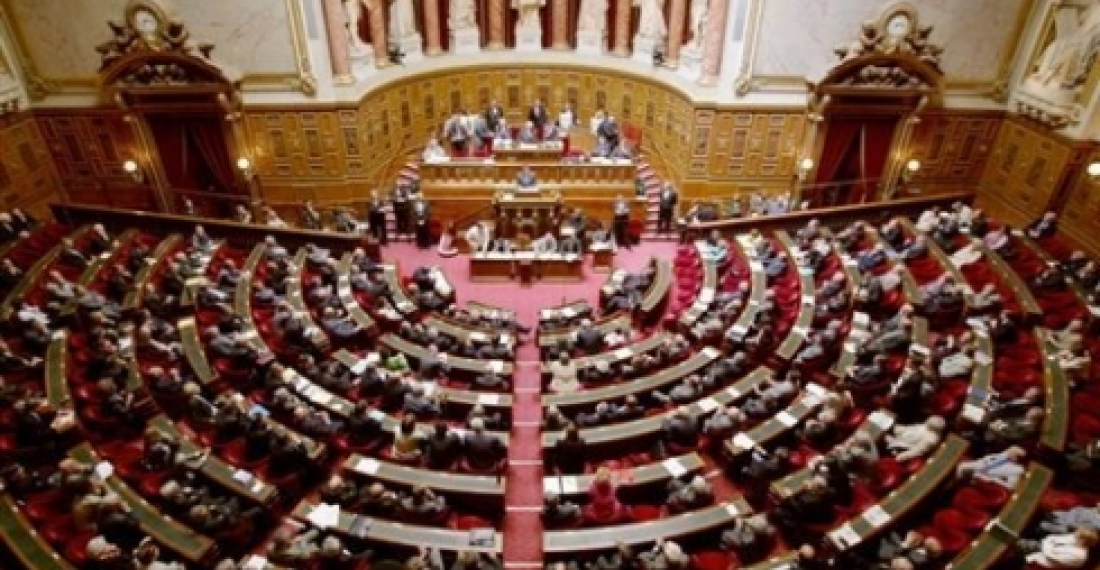French parliament is discussing the bill criminalizing Armenian Genocide denial authored by Valerie Boyer of the Union for Popular Movement (UMP).
French socialist MP, Jean-Paul Lecoq delivered a speech at the parliament hearings on the bill saying that communists and the left will support the bill, since the effective legislation of France does not allow punishing for denial of the Armenian Genocide.
UMP MP Renaud Muselier regarded as honor to support such bill that is part of the process France initiated long ago. He confirmed the friendship with Turkey, which is France's partner, and recalled that Turkey cannot take measures against France. He called Turkey a big country and a strong partner that must recognize its own history. Turkey will get a favorable place in the world if it looks in the eyes of its own past, Muselier said and added that France should help a country that was deprived of its motherland. Another MP, member of France-Armenia deputy friendship group, Dominique Suchet said that bill may encourage the civil society in Turkey to get rid of the burden of denial and accept their own history.
He called Turkey's suggestion to set up a commission of historians to study the genocide fact inadmissible, since genocide is not a subject for bargaining. He called the bill completion of the Armenian Diaspora's consistent fight. For his part, Fracois Roshblua
President of France-Armenia friendship group, said that recognizing the Armenian Genocide Turkey will turn over the tragicpage of the 1915 events. "I can understand the pain of the French, Armenians by origin. In 1915 Young Turks committed meaningful massacre of Armenians," he said. Roshblua said that Turkey's threats are inadmissible. History distortion and destruction of cultural heritage remains unpunished. France, as a sovereign state, cannot but respond to such actions, he said.
Today French National Assembly will vote on the bill authored by Valerie Boyer of the Union for Popular Movement (UMP) by the proposal of several Senate members. The bill is criminalizing the Armenian genocide denial, amends the law on freedom press criminalizing, proposing a clause on racially motivating crimes. The new bill stipulates one year in prison and a fine in the amount of 45,000 Euros for anyone who denies the fact of the Armenian Genocide in the territory of France, which officially recognized the Armenian genocide on Jan 29 2001. If passed, the bill will need Senate's approval and ratification of the president.
French National Assembly discussing Bill criminalizing Armenian Genocide denial
French National Assembly discussing Bill criminalizing Armenian Genocide denial







